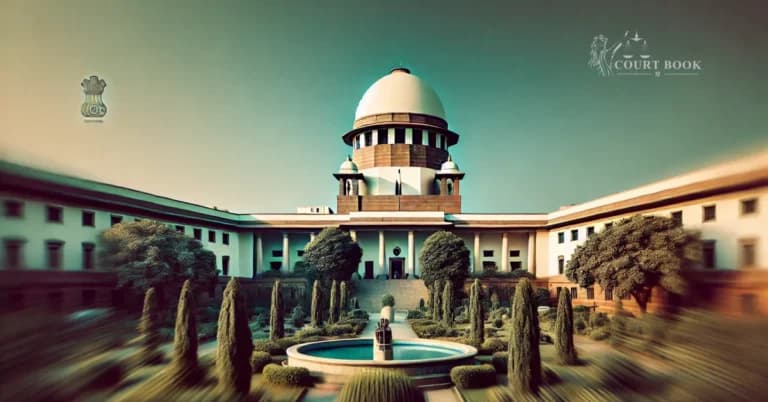In a significant ruling, the Supreme Court held that a High Court's decision to conclude a case solely based on an affidavit submitted by the respondent, without granting the petitioner an opportunity to respond, is a violation of the principles of natural justice. The Apex Court overturned the High Court's decision and remanded the matter for reconsideration.
Background of the Case
This case involved land acquisition proceedings initiated by a development authority. A preliminary notification for land acquisition was issued, but in the final notification, certain areas were excluded. Challenging this exclusion, the petitioner’s father approached the High Court.
The Division Bench of the High Court allowed certain landowners, whose lands were adjacent to the excluded areas, to present their claims. The petitioner argued that since the adjoining land had been exempted from acquisition, they should be granted the same benefit. However, the development authority rejected this claim.
Aggrieved by this decision, the petitioner filed a writ petition before the High Court. While a Single Judge ruled in the petitioner’s favor, the Division Bench reversed this decision, leading to an appeal before the Supreme Court.
Read Also:- S.498A IPC | Courts Should Exercise Caution When Handling Family Disputes: Supreme Court
Upon reviewing the case, the Supreme Court found that the High Court’s Division Bench relied solely on the respondent's affidavit and closed the matter on the same day, without giving the petitioner any chance to respond.
“It is pertinent to note that though the said affidavit was filed on September 12, 2019, the Division Bench, without giving any opportunity to the petitioner to respond to it, closed the matter for hearing on the very same day.” – Supreme Court
The Supreme Court further emphasized that such an approach violates fundamental principles of natural justice.
“The Division Bench’s reliance on the affidavit and closing the case on the same day, without giving the petitioner an opportunity to respond, is a clear violation of the principles of natural justice.” – Supreme Court
On this basis, the Supreme Court allowed the appeal, quashed the High Court’s decision, and remanded the case back to the Division Bench for reconsideration. The Court also clarified that if necessary, the High Court may order further site inspections.
“We find that on this short ground alone, the appeal deserves to be allowed. The impugned judgment is quashed and set aside, and the matter is remitted back to the Division Bench for reconsideration.” – Supreme Court
The Supreme Court further directed that the status quo be maintained until the High Court reaches a final decision on the remanded case.














